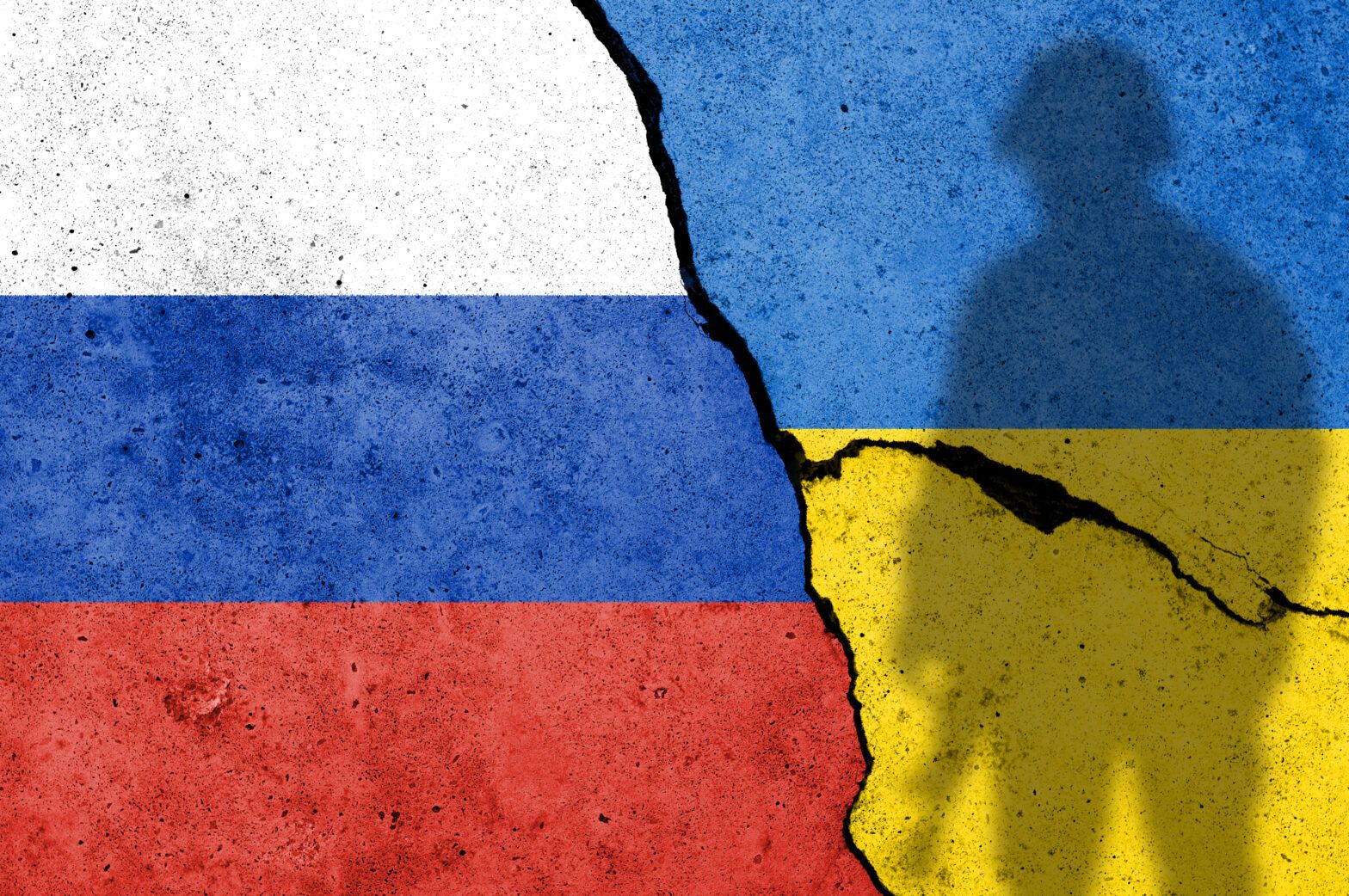As the world grapples with the reality of war and devastation in Ukraine at the hands of Vladimir Putin, the question of the role corporations play in contributing to the advancement of social good cannot be more prescient.
After a personal plea from Ukrainian Prime Minister Denys Shmyhal and criticism from Ukrainian President Volodymyr Zelensky, Nestlé vowed to suspend the sales of some of it’s brands in Russia, such as KitKat and Nesquik, but the global corporation will continue to export “essential goods,” including baby food and cereal.
Over the past several weeks, Nestle has chosen time and again not to follow other international corporations in exiting the Russian market, even as Russian tanks and soldiers invaded Ukraine.
This decision speaks to the ways in which large firms can be tone deaf to the needs of society and the common good. This is where the voices of investors must be heard. Just as there have been new calls to understand corporate support for politicians who supported the January 6 insurrection, corporate commitments to racial justice and more broadly, the corporate practice of making political contributions, investors that have embraced ESG as a strategy must now answer fundamental questions about democracy and the true sovereignty of individual nations.
We’ve seen this before. Three decades ago, there were international movements that supported the dismantling of Apartheid in South Africa, and global firms provided the economic pressure needed to advance the cause of human rights and true democracy. Corporations have enormous power to influence policy and advance social good, and investors and shareholders cannot remain silent as the underpinnings of a free society are under assault in the U.S. or around the world.
This is why Nestlé matters. As the world’s largest food and beverage company, it views itself as essential. Nestlé therefore must embrace its essential role in pressuring Russia to stop the invasion and respect the sovereignty of Ukraine. Continuing business operations in Russia provides economic support to the Russian government and fuels the war that is killing Ukrainians.
As many U.S. corporations pull out of Russia in the name of democracy, they must also embrace their essential role in protecting democracy at home. Slogans and statements supporting racial justice, diversity, equity and inclusion must be accompanied by clear changes in policy and business practices. What’s good for business must become good for society.
Marvin Owens is the Chief Engagement Officer at Impact Shares, the firm nonprofit ETF issuer in the U.S.








